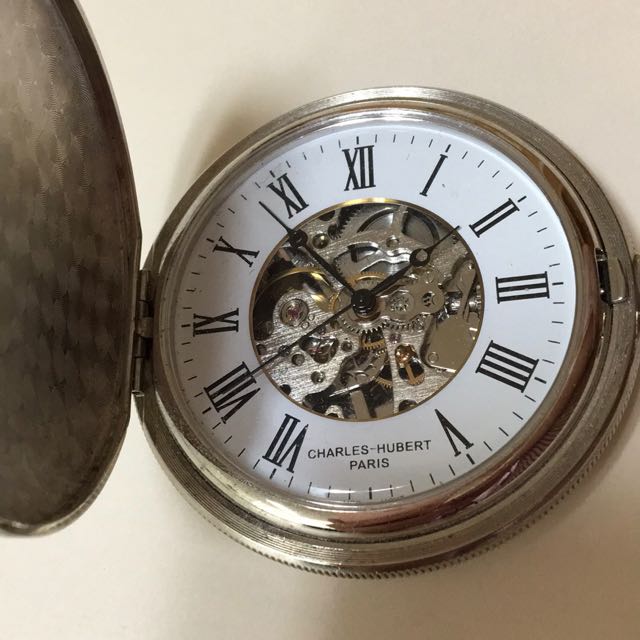
eXtensions - Monday 7 July 2025
By Graham K. Rogers

Apple's Q3 2025 results will be out on 31 July. Look for a rush of negative reporting. More on the rumored Mac with an A18 chip. Foundation arrives this week (Friday), with Invasion coming 22 August. Apple changes the rules with AI coding. Testing to destruction; testing transcription apps; and a patent for an image sensor. A report of a novelty flash drive that has the form of a Finder folder. Apple on Threads.
Apple has announced that its Q3 2025 financial results will be on 31 July, Marcus Mendes (9to5Mac) reports. We can look forward to a rush of negative reports from several sources, which always appear to be to be specifically designed to push down the share price. Fortune, Bloomberg, and others, as well as rumor-peddlers like Ming-Chi Kuo seem particularly adept at this. Also reporting the announcement, the deadline of the article by Wesley Hilliard refers to the results as "tariff-stricken". More information is available on the Apple Investor pages.
As part of that rush of negativity, there have been 2 articles from MacWorld recently which recommend not buying the iPhone 17 (due soon). David Price wrote a couple of weeks ago with the firm prediction that the iPhone 17 Air will flop because no one asked for it. My immediate reaction was "What iPhone Air?" but of course this is a rumor. Don't waste your time on this 900 words of nothing. Mahmoud Itani is skipping the iPhone 17 and takes a bit over 900 words to run through the specifications and why next year's iPhone 18 will be superior (it probably will be), also dissing the rumored iPhone 17 Air. He mentions the A19 chip in the iPhone 17 and "not much in the way of meaningful camera upgrades, other than a 24MP front-facing sensor and a 48MP telephoto lens" - these alone would seem compelling. But I take no notice as I have had the iPhone 15 for a couple of years so the time is right for me, whatever dust MacWorld might throw in the air.
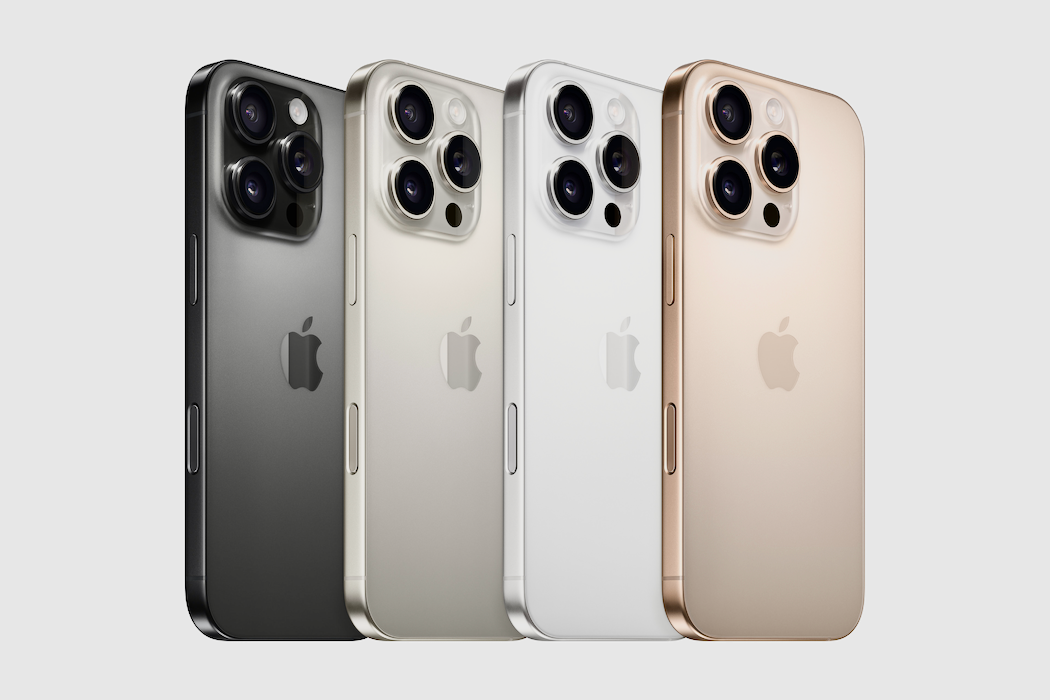
Just in time, there is a positive report from China. Marcus Mendes reports that what some had referred to as a slump in sales of the iPhone in China, appears to have been reversed and there is growth for the first time in a couple of years. Trade disagreements with the USA have not helped of course, but there has been an apparent "8% rise in iPhone sales in the quarter ending June"
A couple of weeks ago, I looked at articles that had been critical of Tim Cook, in part because he was no Steve Jobs, even though Jobs had specifically chosen Cook to be his successor. Cook has been the driver of Apple's phenomenal growth since the death of Steve Jobs, and this has seen the company grow to a $3 trillion valuation. I was interested to see this week that William Gallagher (AppleInsider) also has some comments about the survival of Cook: he is not going to be fired; and Jobs is not rolling in his grave.
The article covers a lot of ground, including the sacking of Scott Forestall, noting that a "$1,000 investment in 2011 would now be worth around $18,500." The article mentions several other successes that have pushed Apple upwards over the last 15 years, adding that both Jobs and Cook were overseers of complex processor changes: PowerPC to Intel; and Intel to Apple silicon. I think that, while the Intel move was important to avoid stagnation, the move to Apple silicon is far more significant. It gives Apple total control over what the chips can do, including adding platform-specific features to the Macs, and to the handheld platforms too. It is 5 years since the new processors were announced and, as Joe Rossignol writes, the M5 chip is expected soon, and could well be in 5 devices later this year: iPad Pro, Vision Pro, MacBook Pro, Mac mini, and iMac.
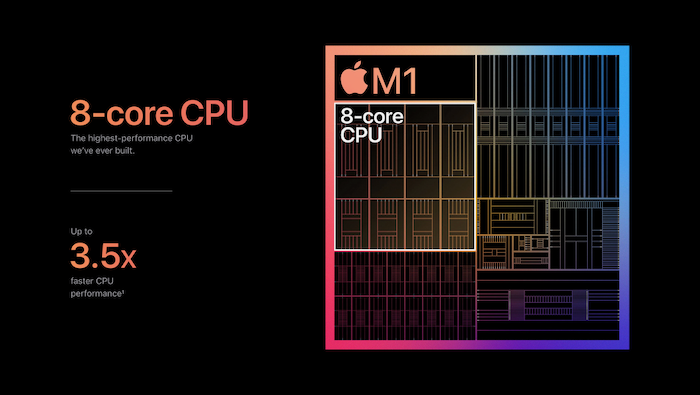
When I first read the rumor that suggested Apple would be developing a new MacBook using the A18 chip, I was dismissive, wondering what Ming-Kuo Chi had been smoking. A few hours after reading the initial reports, I noticed one from Jason Snell on 6 Colors (always worth reading), in which he noted that the A18 was 46% faster than the M1 (40% slower than the M4), and that (for economical reasons) Apple may want to cease production of the M1. Joe Rossignol (MacRumors) also notes that the A18 has only 8GB RAM while all other Macs now have 16GB.
I have modified my initial opinion. John Gruber also thinks that Jason may have a point, writing, "My first thought when I saw this rumor pop up was to dismiss it. But upon consideration, I think it makes sense. Especially if Apple considers the M1 MacBook Air at Walmart to be a success. And all signs point to "yes" on that - they started selling the M1 MacBook Air as a $700 Walmart exclusive in March 2024 and they continue to sell it this year at just $650. So I think if this rumor pans out, a MacBook at this price point will become a standard part of the lineup, sold everywhere - including Apple Stores." I now think this has a "maybe" rating. And what if Apple put the A19 in the device?
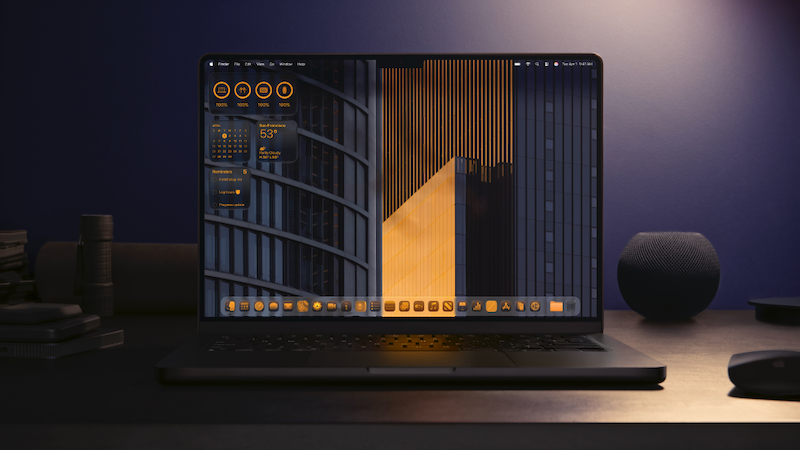
Last time I mentioned that I was delighted that series 3 of Foundation is set to appear this week (11 July). Hours after I put that online, I saw reports that another Sci-Fi series, Invasion was set for a return in the near future. Marcus Mendes writes that this will be back on the screens on 22 August and that most of the original cast will return, although Billy Barratt (Caspar Morrow) is not listed. The character was pivotal in series 1 and 2, but in the last episode shown, he seemed to disappear into (or merge with) the alien host. I would have expected he would still be a part of this series. As a note, Barratt's grandfather was Shakin' Stevens who was big in the 1980s. Barratt is not listed in the Apple press release, but other sources do suggest he is part of the returning cast. Recent photographs do suggest he has changed physically, as often happens with teens in long-running series (e.g. Stranger Things). The article includes a short trailer for series 3.
Apple has seen a lot of criticism over its slow approach to AI inclusion, particularly with its Siri development which some have called vaporware. This has led to behind the scenes changes at Cupertino. Nonetheless, work has been going on for several years. Remember the Machine Learning division was established in 2012, so work on AI is not simply Apple jumping on the bandwagon or under pressure from the technical press. I am wary of any use of AI with regard to academic writing, but it is clear that this has wider applications, some of which are already producing valuable results in medicine. Writing code has also seen some advances in recent times.
Now, Apple has developed a new way for AI to write code that does not use the traditional way Marcus Mendes (9to5Mac) has a fairly clear outline of how this works. He explains, that like reading and writing in most cultures, code is written left to right, top to bottom, but this "can also write out of order, and improve multiple chunks at once." He has a fairly good outline of how this works, but closes with a couple of useful comments: "Apple has been laying the groundwork for its generative AI efforts with some pretty interesting and novel ideas" adding, whether this will translate into real features and products is another story.
As beta versions of Apple's next OS versions are being released, more information is being discovered about the features. An earlier report suggested that Apple's new AI transcription was fast and accurate, putting Whisper in the shade. That may not wholly be the case, however, although this new feature does have some pluses, particularly speed. Marcus Mendes was inspired by some comments on the AI transcription by Prakash Pax (link in the article) to run his own tests. These are quite well set up and the methodology is the same in each series, ensuring better accuracy. Mendes tested Parakeet, Whisper, and the new Apple feature, using different AI models to check the accuracy of Character Error Rate (CER) and Word Error Rate (WER).
In the tests, Parakeet was fastest, but had the highest error rates. He suggests that if accuracy is not a problem (say, for checking a recording of a lecture) this might suffice. Whisper was significantly slower than either Parakeet or the Apple feature, but was clearly more accurate. He writes that "Apple's model lands in the middle of the road, but not in a bad way." He notes that this is not bad for this early stage. It is still in beta after all.
Like many companies, Apple does its own product testing and we have seen glimpses of this on occasions in the past. The claims made concerning features such as battery life, or water resistance are backed up by solid lab work and according to Ben Lovejoy (9to5Mac), "The company tests at least 10,000 iPhones" in its durability lab. He reports that the testing covers 4 categories: environment, water, impact, and vibration. This makes interesting reading. Although not mentioned here, there will also be testing for wireless and telephone signals, but I guess this is separate from these tests. What is done to the devices is severe and is intended to catch anything the most careless owner can do.
Apple also recognizes the importance of research. Like in academic circles, some results may not have an immediate practical or commercial application, but once the development has been made, someone might find a use for it. An example I was reminded of this week, was the discovery that a magnetic field would change the direction of the rotational axis of protons. That example of pure research, was later the basis for magnetic resonance imaging (MRI) that has changed the ways doctors are able to diagnose some conditions. Jeremy Gray (PetaPixel) reports that Apple has filed a patent for image sensor technology for "a stacked image sensor with vast dynamic range and very low noise." The dynamic range is equivalent to about 20 stops. If Apple were to develop this, it could be a world leader, but not all research makes it into the market.
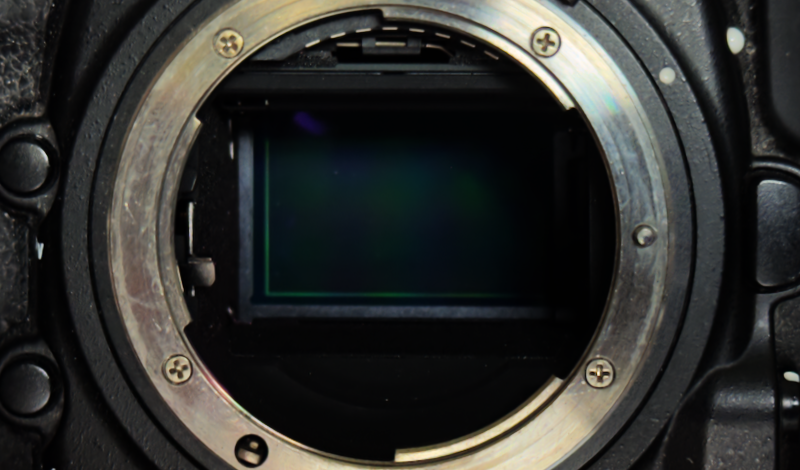
I am considering another external hard drive at the moment, favouring something in the 2TB range (or more). I was intrigued, however, by a new design of flash drive that looks just like the Mac folder icon as detailed by Mark Tyson (Tom's Hardware). There are only plans for a 128GB version of this USB-C drive, but the novelty value of this reverse skeuomorphism alone makes it attractive.
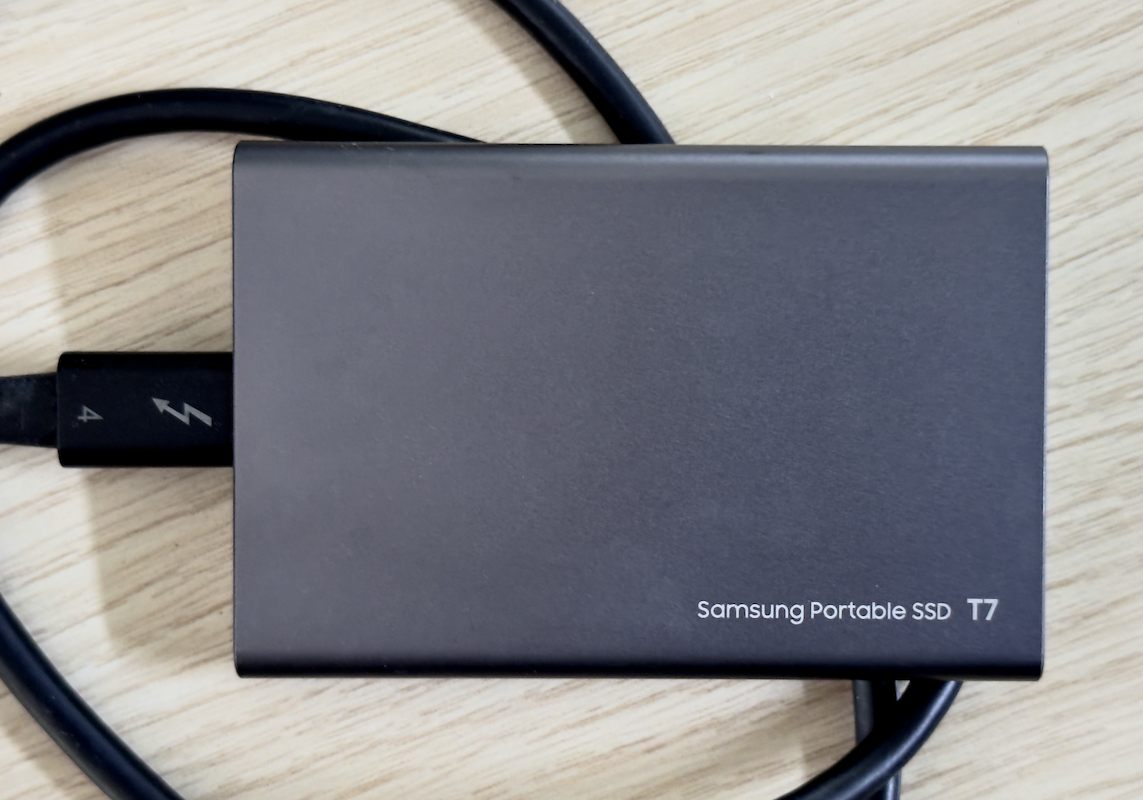
|
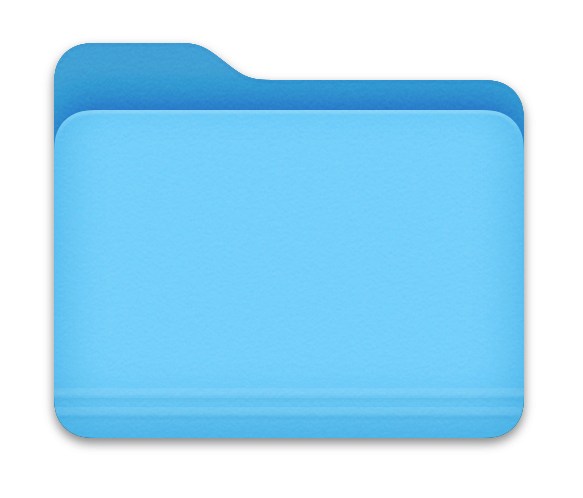
|
According to Juli Clover and several other sources, Apple has joined Threads. At the time she wrote the report, there had been no postings (still none - Monday 7 July), but Apple does not waste such social media connections. On Monday I saw that Victoria University (Aus) is abandoning X but has joined Threads.
I have never been particularly impressed with Windows or the rest of what Microsoft has developed (with a couple of exceptions) having moved to the Mac at the same time that Windows 3.1 caught on. I am aware that more people use Windows than macOS and that some essential applications (particularly in engineering) are only available on the Microsoft platform. Writing on Computer Weekly, Caroline Donnelly reports on the comments of Peter Whelan, a law professor at the University of Leeds, who is urging the UK competition authority (CMA) to address anti-competitive issues with regard to Microsoft's cloud licensing practises: charging "customers more for running its software in cloud environments hosted by its competitors."
Graham K. Rogers teaches at the Faculty of Engineering, Mahidol University in Thailand. He wrote in the Bangkok Post, Database supplement on IT subjects. For the last seven years of Database he wrote a column on Apple and Macs. After 3 years writing a column in the Life supplement, he is now no longer associated with the Bangkok Post. He can be followed on X (@extensions_th). The RSS feed for the articles is http://www.extensions.in.th/ext_link.xml - copy and paste into your feed reader.

For further information, e-mail to
Back to
eXtensions
Back to
Home Page